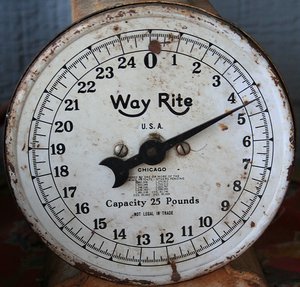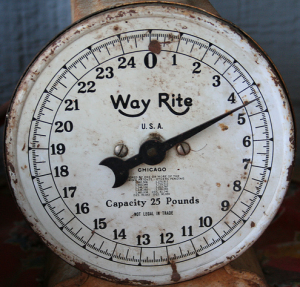
Here are the highlights of an email we received:
I am currently a freshman at Rutgers University in New Brunswick (NJ). Needless to say, I am unhappy. I am a student with a great amount of potential. In high school, I was one of seven students in my graduating class to have taken six AP classes. I took summer session classes at University of Pennsylvania and at Brown University and even left Brown with 2 A’s and a great recommendation from one of my professors. I scored a 2200 on my SATs (1430 out of 1600). You get the picture. My GPA, however, wasn’t outstanding. Though I took difficult classes, I didn’t try my best and let personal affairs affect my ability to do well. Thus, I have a few C’s sprinkling my high school transcript and was rejected from almost all the schools I applied to (Brown, Vassar, Wesleyan, Bowdoin, Brandeis, etc.). I was ultimately accepted to the honors program at Rutgers…
There’s more to her story, but for now, let’s look at her current college experience:
My semester started off really well. I got a 100 on one of my midterms, got really good grades on my papers, but the loneliness and frustration from being here has begun to take a toll on me. I also work about 25 hours each weekend at the restaurant. I feel so burnt out, but not having a job isn’t an option for me as I have to be financially independent…
I am currently taking 13 credits and I believe I will finish the semester with 2 or 3 A’s, but I am unsure about what I will receive in my art history class. I know it probably won’t be an A, but I can shoot for a B if I really REALLY try. Which I am planning to do.
As for your grades, yes, aim for at least a B. A red flag might go up if you get anything lower. Of course, an A would be best. From our own experiences and what we’ve heard from other transfer students, it seems that your college record would be weighted more heavily than your high school record. That’s why, in a previous blog entry, we stressed the idea that you should work hard in college to overcome a weak high school GPA. According to our interviews with successful transfer students, applicants with solid college grades were able to transfer into the more competitive schools. Look at it this way: the college you’re applying to wants to know if you will succeed at that college. What might be a good predictor of how well you’ll do at the college you transfer to? Wouldn’t it make sense to look at your performance and activities at your current college? That is not to say that what you did in high school won’t count for anything. Your high school record is still important.
Along these lines, here’s info from Yale’s Transfer Student Program main page:
The Committee places primary emphasis on your college record, reasons for transfer, and recommendations from college faculty and administrators. Your secondary school record, extracurricular interests, and work experience are also given weight.
Here’s what Vassar’s FAQs page for transfer applicants says:
Q: How much is my high school record weighted in the evaluation process?
A: Since the competition is highly competitive, an applicant’s entire academic history is considered in the admission process, and we require high school records with the application. It is difficult for students who have had an unsuccessful high school career to be competitive applicants. However, as the distance from an applicant’s high school years grows, the weight assigned to that performance is lessened.
Many schools stress the fact that they look at the whole package when evaluating applications; it’s not just about one element of your application. Here’s info from Brown regarding their transfer admissions criteria:
… All credentials requested by the Board of Admission have a bearing on the eventual admission decision but no specific weight is accorded to any particular credential. Additionally, no cut-offs with respect to grade point average, rank in class, test scores, or the like are employed. The Board evaluates each application on its own merits, seeking students whose records demonstrate both academic excellence and personal growth.
Each applicant is unique and there are so many components that make up your “package”. According to the above info from Brown, you may get brownie points for demonstrating personal growth. If you have to work 25 hours a week to support yourself, something that very few students at four-year schools have to do, play up your personal growth from that experience in your application. Look at what else you have to offer and see where those fit into the application.
The bottom line: Though it seems that your college record is more important than your high school record for many schools, other aspects of your transfer application are also considered.
(Photo: Playingwithbrushes)

Leave a Reply